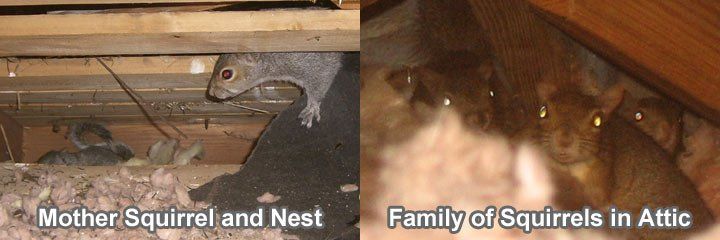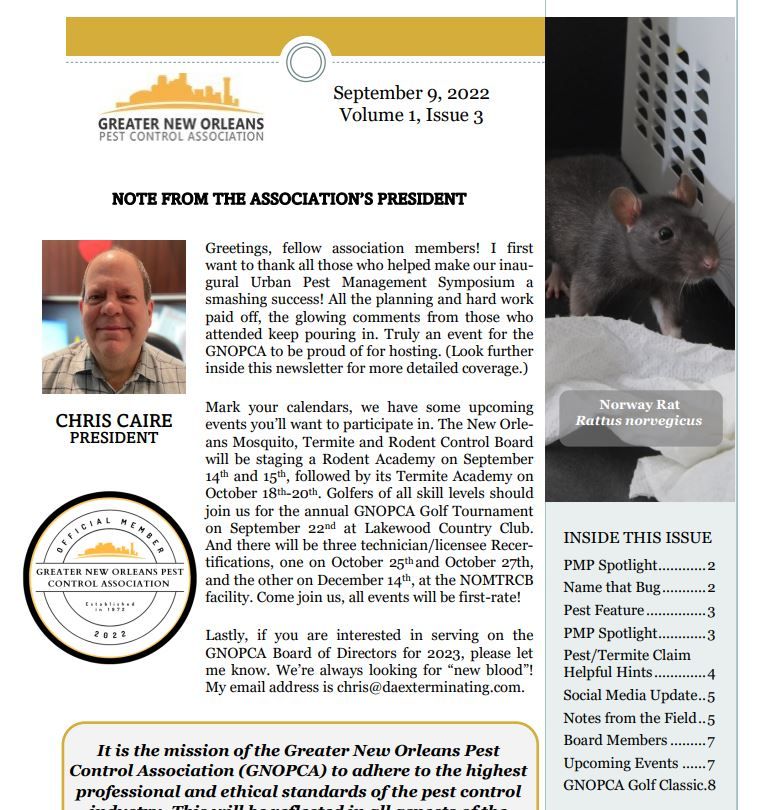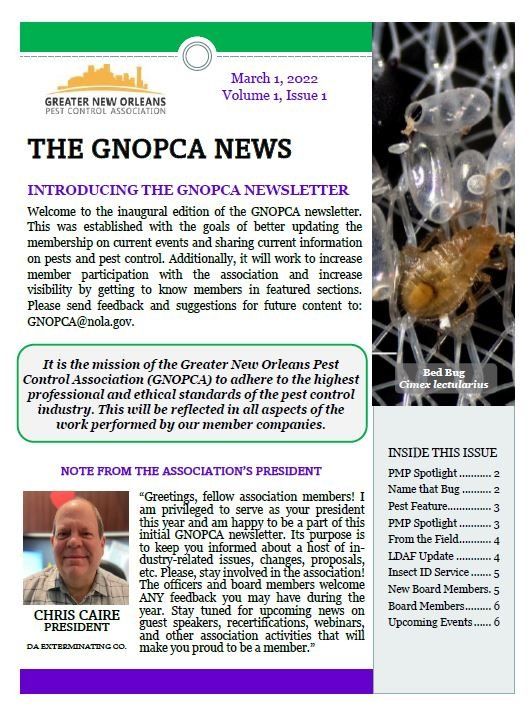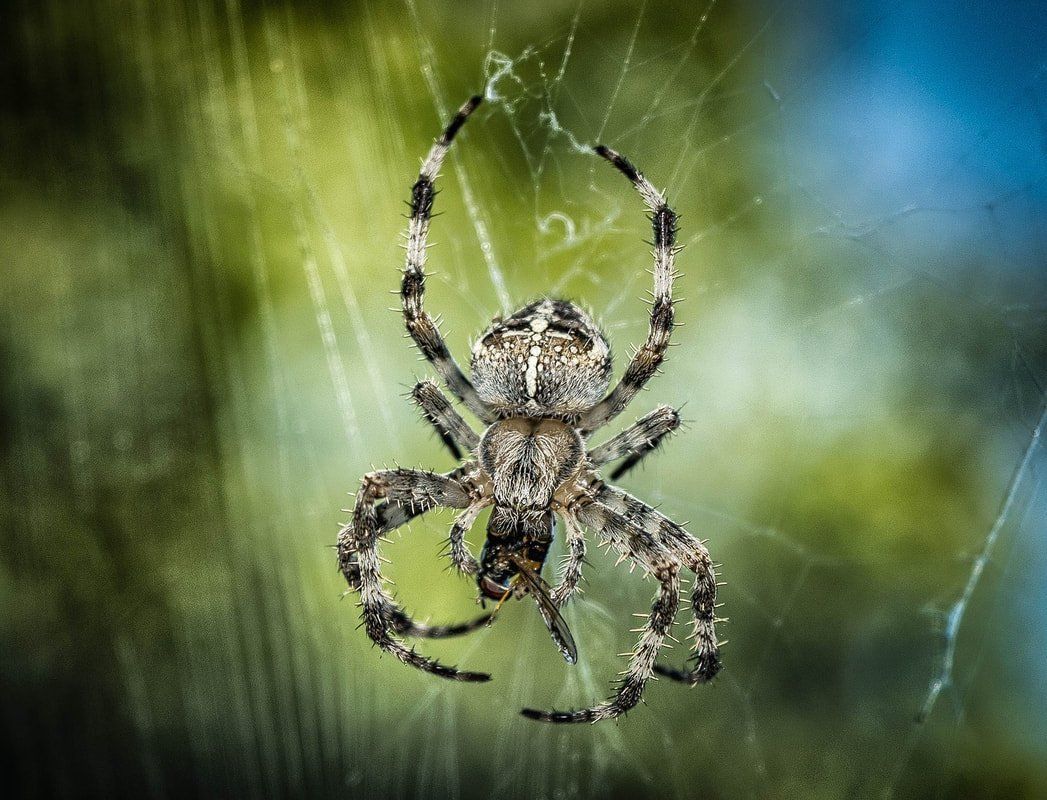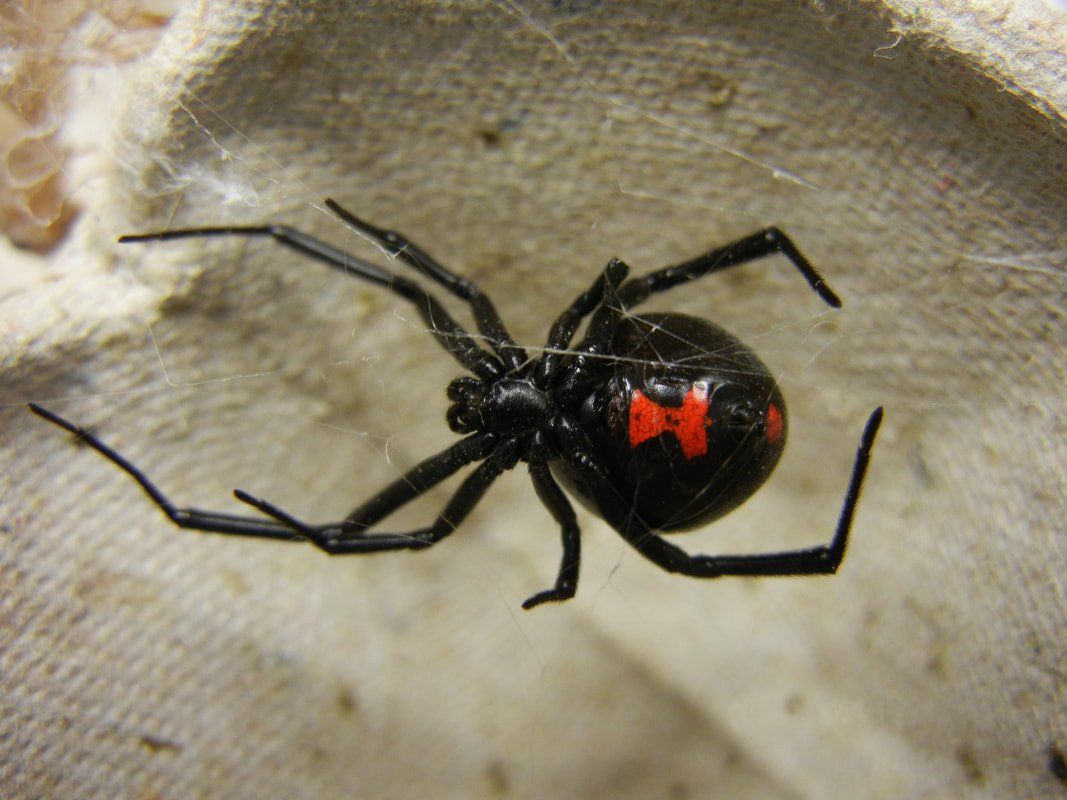DA Exterminating Co., Inc. | 4440 Wabash Street Metairie, LA 70001
📞(504) 888-4941
DA Exterminating Co. of St. Tammany, Inc. | 13433 Seymour Myers Blvd., Ste 2 Covington, LA 70433
DA Exterminating Co. of Houma, Inc. | 202 Enterprise Dr. Houma, LA 70360
Blog Layout
Squirrels in the Attic?
Admin • Oct 02, 2016
Don and Jan were just settling in for a nice Saturday afternoon when above their heads, they heard what sounded like something running in the ceiling, then scratching and a weird squeaking sound. “Oh no,” Don said, “I think we have critters living in our attic.” Jan was especially disturbed imagining what was going on overhead and worrying about how they were going to get rid of whatever had taken up residence in their house.
How squirrels get in
This isn’t an unusual scenario. We all believe that squirrels live somewhere off the ground, mainly in trees, but the reality is that they never refuse the opportunity to settle down in your attic. This time of year, squirrels find the warmth of your home very appealing and will find a way to get into the attic through openings (which they may make!) under the eaves of the house or through attic vents. They can get inside your home with relative ease because they are mobile, agile, small, and can jump from one place to another quite easily. Squirrels have the ability to gain access through very small holes (around 1.5 inches) and will also chew the hole bigger for easier access.
Why squirrels come in
Attics are warm, dry, and mostly uninhabited. They are ideal places where squirrels can settle down and build a nest, get and store food, and be protected from other enemies outside.
The damage squirrels cause
Squirrels can cause severe damage to your home. The damages can range from a torn up book to destroyed electrical wires all the way up to broken furniture and such. They can (and love to) chew through your house’s roof timbers and underneath eaves. They can even bite and destroy vents, chimneys, wires and insulation, and since they can chew electric wiring, they can cause fire and electrical hazards.
And, of course, they deposit their feces and urine in your attic, making for an odorous situation.
They can gnaw through anything from nuts to wooden beams in your house. If they happen to through the wrong wooden member for long enough, this could threaten the structural integrity of your roof.
What to do
Now that we’ve explained how they get in and the damage they can cause, the next step is to call DA Exterminating to help eradicate the infestation and perform some exclusion techniques to keep them out in the future. Call us at 800-650-PEST
if you hear scampering in your attic.

By Lorenz Marsh
•
14 Jun, 2022
Always proud to be a member of PCT Magazine’s “Top 100” companies ( by annual revenue) in America. This is Ed, Jed and me accepting the award in Orlando the other night. Thanks to our wonderful DA team at all 3 DA branches and our loyal customers, it takes everyone to achieve success! (David Cherry, our longtime GM in Houma, left before we grabbed this photo…sorry David!) — Chris Caire, Jed, and Ed Reynolds.
By Admin
•
14 Dec, 2018
One noticeable change in the outdoors as winter approaches is the reduction of flying insects such as mosquitoes, flies, and bees.
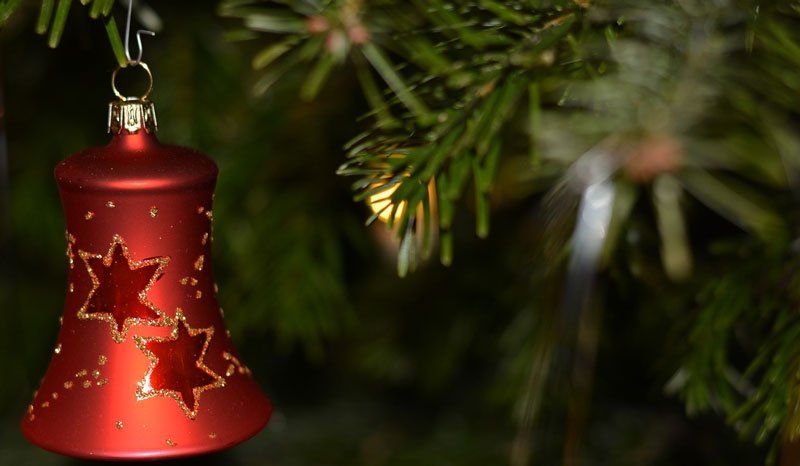
By Admin
•
06 Dec, 2018
When the holidays come to an end, it will be time to store the trees and decorations until Christmas 2019. Safeguard all of your favorite holiday decorations so they are free of pests while sitting in the attic, basement or other storage space until the holiday season comes around next year. Christmas decorations provide harborage and, in some cases, food for various kinds of pests, especially rodents. So we have assembled some decoration storage tips to prevent surprises next year when you open your decoration containers. to seal them in plastic containers if you must save these from 1) Dried berries, seeds and other natural materials are especially attractive to mice. The best idea is to seal them in plastic containers. Discard natural decorations after using each year including real gingerbread houses, candy canes and natural wreaths. 2) Cardboard can be a favorite nesting material for rodents, so don’t store artificial Christmas trees in cardboard; instead, use plastic sealable bags or containers. That goes for all other Christmas decorations. 3) Examine all decorations for any that are broken or that you won't use next year and discard them. 4) Wash linens and other fabrics and store in sealed plastic bags to prevent moisture. 5) Before loading containers into a garage, basement, attic or other storage area, examine them and clean thoroughly to remove any debris that may be harborage areas for mice. 6) Store holiday candles separately. The scent from a candle can attract unwanted guests. Placing the candles in an area that is not exposed to extreme heat (e.g., attics or sheds) will resolve this problem. Wrap candles in plastic to prevent them from melting together or transferring color in warm conditions. If you follow these tips to properly pack and store your decorations, not only will you be more organized for Christmas 2019, but you will reduce the possibility of pests trying to share next year's holiday with you! To get more information on pest control services in New Orleans, contact the experts at DA Exterminating today by calling 800-650-PEST . Wishing you and your family a pest-free New Year!
By Admin
•
14 Nov, 2018
DA Exterminating is proud to present these easy pest prevention tips to keep pests from taking up residence in your New Orleans-area home.
By Admin
•
01 Nov, 2018
The time it takes to check your home before winter arrives will pay off in preventing pest problems. Here are five things you can do!
By Admin
•
17 Sep, 2018
t’s that time of year when certain pests seek a warm place to overwinter and this usually means YOUR HOME! We’ve assembled some tips to prevent these critters from moving in with you. Vacuuming is the best way to eliminate the insects once they are inside. Before the winter months approach, seal gaps around windows and doors, including garage doors. The best time for this is during the summer after pests have left their overwintering site, and before they come back for the next season. Look for areas where pipes and electrical or cable lines enter the building. Gaps around these areas should be sealed. Look for openings around soffits, eaves, attic fans, windows and vents in the attic used for ventilation. Many times these areas are not screened, allowing overwintering pests inside. Be sure screens on windows are in good repair and have no openings. Inspect chimneys. Be sure the damper is closed when not in use, and know that if you’re dealing with a wood-burning fireplace, lighting a fire may discourage the insects from using the chimney as an entry point. Tell customers that using “bug bombs” to treat the inside of a house can backfire — they may end up with dead insects still inside the walls, which then attract secondary pests, such as carpet beetles. Concerned about Fall Invaders? Call us today. 800-650-PEST .
Contact Information
DA Exterminating Co. of St. Tammany, Inc.
13433 Seymour Myers Blvd., Ste 2 Covington, LA 70433
All pictures, images and info contained in this website do not belong to any other parties other than Thryv and/ or DA Exterminating.
Content, including images, displayed on this website is protected by copyright laws. Downloading, republication, retransmission or reproduction of content on this website is strictly prohibited. Terms of Use
| Privacy Policy

